Citalopram 20 mg
$75.00 – $850.00Price range: $75.00 through $850.00
BUY CITALOPRAM ONLINE
Citalopram is used to treat depression. Citalopram belongs to a class of antidepressants called selective serotonin reuptake inhibitors (SSRIs). It works by increasing the amount of serotonin, a natural substance in the brain that helps maintain mental balance.
We are a supplier of pharmaceutical grade medicines supplying large and small orders to people all over the world.
We are the best in the USA and throughout Europe, offering high quality medicines and the best delivery service worldwide.
If you’ve ever heard of someone buying pills in Europe, you know they bought them from us.
What is citalopram and what does it treat?
Citalopram is an antidepressant medication that works on the brain. It is approved for the treatment of major depressive disorder (MDD).
Symptoms of depression include:
Depressed mood: feeling sad, empty, or tearful
Feeling worthless, guilty, hopeless and helpless
Loss of interest or pleasure in your usual activities
Sleep and eat more or less than usual (for most people it is less)
Low energy, difficulty concentrating, or thoughts of death (suicidal thoughts)
Psychomotor agitation (‘nervous energy’)
Psychomotor delay (feeling like you’re moving and thinking in slow motion)
Suicidal thoughts or behaviors
Citalopram may also be helpful when prescribed “off-label” for obsessive-compulsive disorder, generalized anxiety disorder, panic disorder, social phobia (also known as social anxiety disorder), post-traumatic stress disorder, Eating disorders such as binge eating disorder and premenstrual disorder. dysphoric disorder (PMDD). “Off-label” means it has not been approved by the Food and Drug Administration for this condition. Your mental health provider must justify your thinking in recommending “off-label” treatment. They must be clear about the limits of research around that drug and if there are other options.
What is the most important information I should know about citalopram?
Do not stop taking citalopram even when you feel better. With your input, your healthcare provider will evaluate how long you will need to take the medication.
Skipping doses of citalopram may increase your risk of relapse of your symptoms.
Abrupt discontinuation of citalopram may cause one or more of the following withdrawal symptoms: irritability, nausea, dizziness, vomiting, nightmares, headache, and/or paresthesias (tingling, tingling sensation on the skin).
Depression is also part of bipolar illness. People with bipolar disorder who take antidepressants may be at risk of “going” from depression to mania. Symptoms of mania include a “high” or irritable mood, very high self-esteem, decreased need for sleep, pressure to keep talking, racing thoughts, easily distracted, frequent participation in activities with a high risk of bad consequences (e.g. example, excessive shopping sprees).
Medical attention should be sought if serotonin syndrome is suspected. See serious side effects for signs/symptoms.
Are there specific concerns about citalopram and pregnancy?
If you plan to become pregnant, notify your healthcare provider to better manage your medications. People living with MDD who want to become pregnant face important decisions. Untreated MDD has risks for the fetus as well as the mother. It is important to discuss the risks and benefits of treatment with your doctor and caregivers. For women who take antidepressant medications during weeks 13 through the end of their pregnancy (second and third trimesters), there is a risk that the baby will be born before it is fully developed (before 37 weeks).
For mothers who have taken SSRIs during pregnancy, there appears to be less than a 1% chance of babies developing persistent pulmonary hypertension. This is a potentially fatal condition that is associated with the use of antidepressants in the second half of pregnancy. However, women who discontinued antidepressant therapy were five times more likely to have a depression relapse than those who continued their antidepressant. If you are pregnant, discuss the risks and benefits of antidepressant use with your healthcare provider.
Caution is recommended during breast-feeding as citalopram passes into breast milk.
What should I discuss with my healthcare provider before taking citalopram?
The symptoms of your condition that bother you the most
If you have thoughts of suicide or harming yourself
Medications you have taken in the past for your condition, whether they have been effective or caused any adverse effects
If you experience side effects from your medications, discuss them with your provider. Some side effects may pass over time, but others may require changes in medication.
Any other psychiatric or medical problems you have, including a history of bipolar disorder.
| tablets | 28, 60, 90, 120, 150, 300, 450, 600 |
|---|
Be the first to review “Citalopram 20 mg” Cancel reply
Related products
DEPRESSION
DEPRESSION
DEPRESSION
DEPRESSION

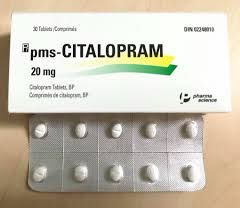

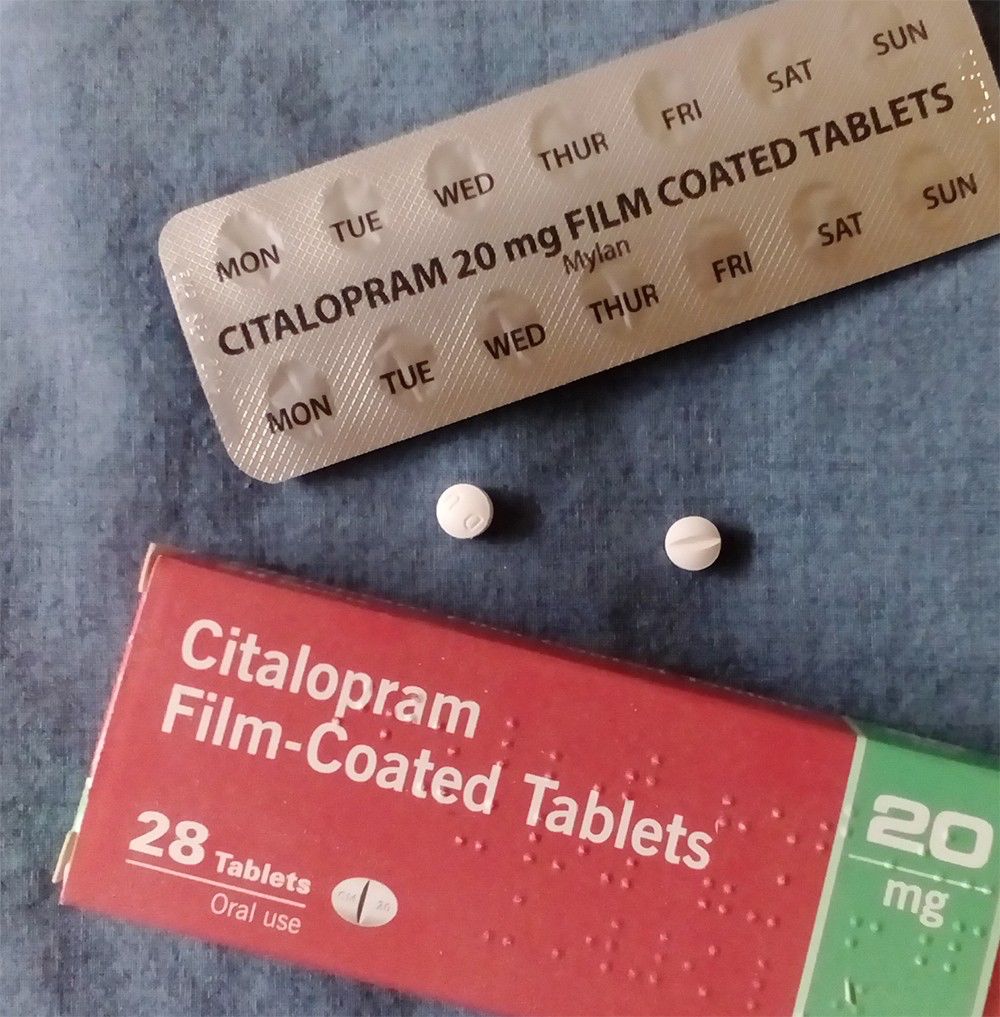
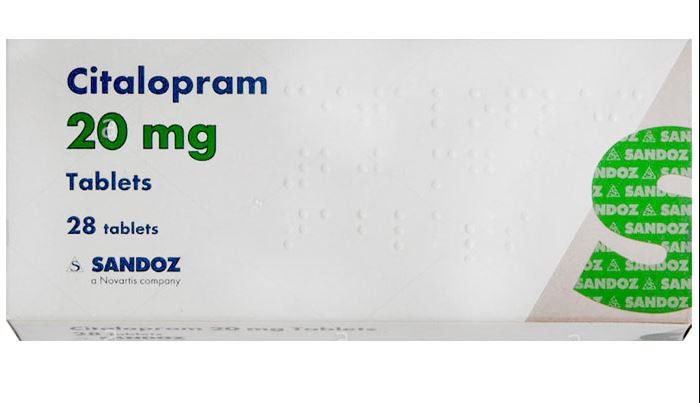
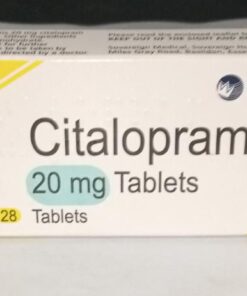






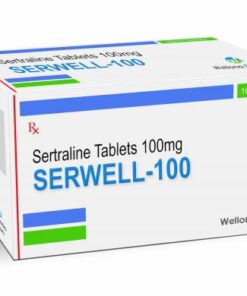
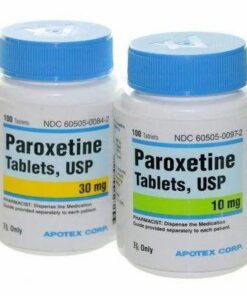
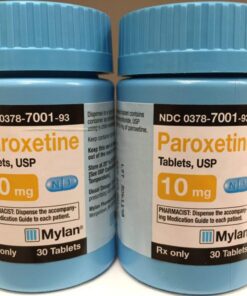



Reviews
There are no reviews yet.